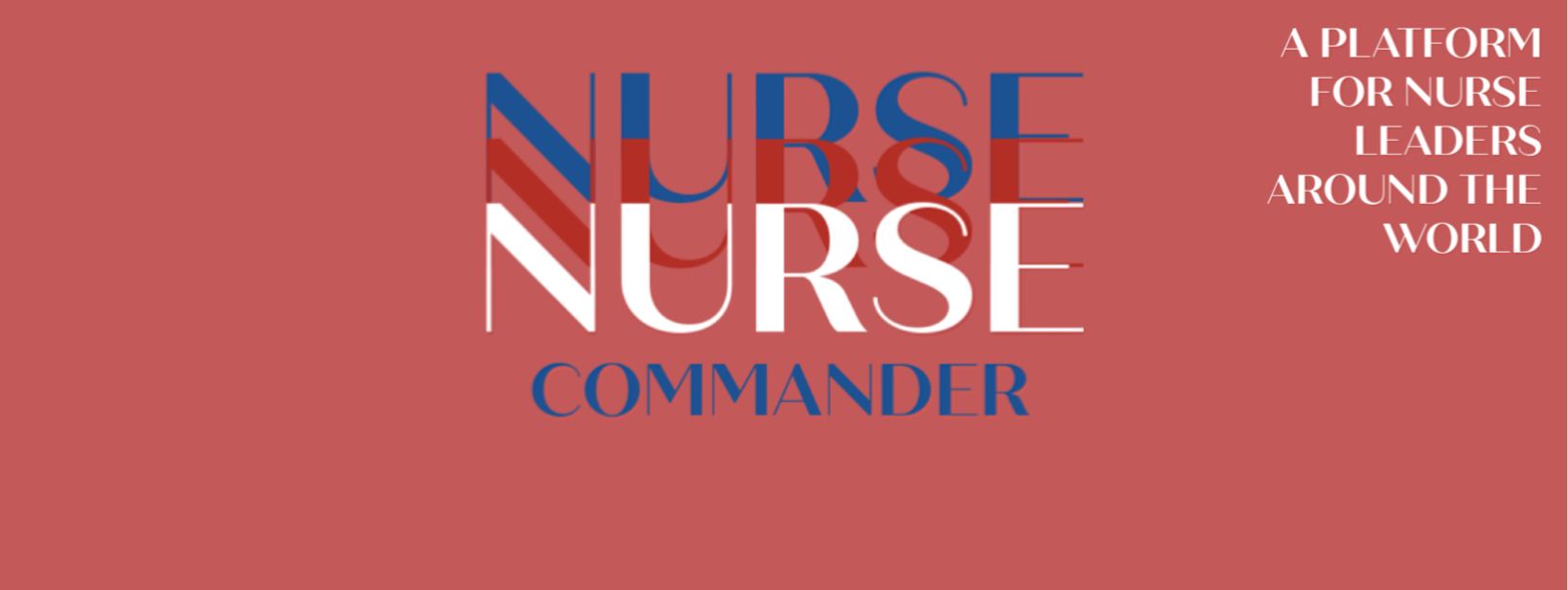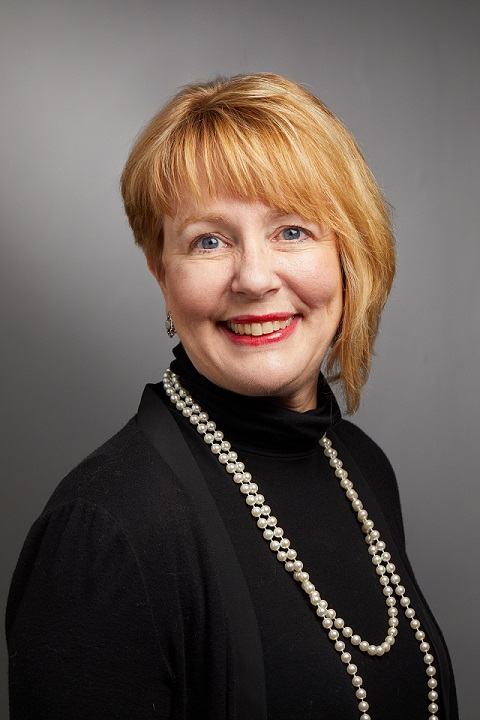Dr. Jessica Coviello DNP, ANP is an Associate Professor at Yale University School of Nursing. She is also a Nurse Practitioner at a Cancer Hospital in Connecticut on cardiovascular disease prevention and management team. Dr. Coviello specializes in self-care management in patients with heart failure and cardiovascular risk assessment and management of patients being treated for cancer (Cardio-Oncology). Her clinical research deals with cardio-vascular risk assessment and management of those facing potentially cardiotoxic chemotherapy. She is active in teaching patients symptom management in heart failure.
Dr. Coviello returned from spring vacation to a completely changed healthcare system. “In a week, the entire system had changed and was in a state of chaos. We had converted to a telemedicine care delivery model overnight.” Dr. Coviello, always a nurse educator first, followed up on a recent zoom call she had arranged for our DNP cohort (YSN DNP’21) with Dr. Mark Ehrhart, an Associate Professor in the Department of Psychology at San Diego State University and expert in organizational climate and culture, to teach and explained how theory, research and practice all come together and impact the delivery of care. It is the role of the DNP to put theory and research into practice and make changes in the healthcare system. “An organization’s culture determines its effectiveness. An organization’s culture persists despite changes in the environment or to the people within it. It is during these times of chaos that an organization relies on its mission, values, and culture to guide them, especially while navigating these unprecedented times. An organization must stay true to its core mission and maintain lines of communication with alignment of mission across all layers of the healthcare system” says Coviello. YNHH is committed to providing outstanding and positive cancer care that is patient- and family-centered. This requires putting the needs of patients and families first. Dr. Coviello shared an example of what this looks like in her current practice, given present day circumstances.
Dr. Coviello received an assignment to evaluate a 90-year-old male former marathon runner with prostate cancer who is receiving chemotherapy. The patient developed atrial fibrillation after a septic infection post chemotherapy and S/P Ablation therapy and was on new cardiac medications – Inderal and Lasix. The patient’s family called the clinic reporting that the patient was experiencing increased shortness of breath (SOB). “While telemedicine can be extremely helpful in many scenarios, in Cardiology, you need to put a stethoscope on someone’s chest and listen,” said Coviello. The clinic had 100 patients scheduled for infusion and COVID19 testing at the entrance. Dr. Coviello felt it was too unsafe to bring the immunocompromised patient into the clinic and called the patient’s family to arrange a home visit. Dr. Coviello made an arrangement with the patient’s son who wanted to meet halfway between the hospital and the patient’s home. They agreed to meet in the now empty parking lot of the recently closed mall. The son brought his dad in a large SUV and Dr. Coviello, while wearing protective equipment, was able to evaluate the patient in the car. Dr. Coviello was able to asses the patient, adjust his current medications, and send him home. As a result of this intervention, he was able to be evaluated, managed, and effectively controlled without an increased risk to his health. The patient and family are now monitoring his symptoms, vital signs, weight, and managing well at home. This intervention not only protected the patient but also reduced the burden on the healthcare system that is struggling to meet its patients’ care needs and dealing with the added burdens of COVID 19.

